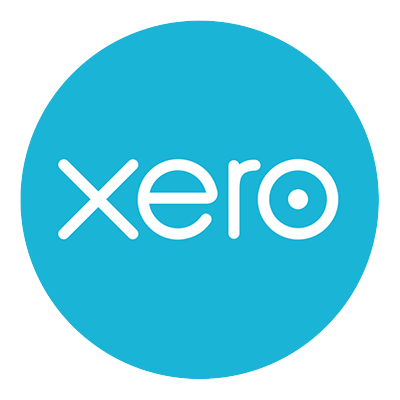It is never a comfortable scenario, to find yourself in the position of owing a debt to a Government authority like the Inland Revenue (IRD), just knowing you will be unable to make the payment required on time.
Well help is only a short phone call or email away, as we certainly have an experienced team who can address the issue on your behalf. In this regard, there are a range of solutions available, which vary from simply negotiating an instalment repayment plan, tailored to your expected cash flow over the coming months, to in more fragile financial situations, seeking a full write-off of all debt, under IRD’s financial hardship relief provisions.
Tax pooling
We can also help you get a better deal on provisional tax through tax pooling, which is the framework Inland Revenue established in 2003 to lessen the burden of the provisional tax regime for taxpayers. Essentially, taxpayers trade their payments with each other, and everyone wins – taxpayers reduce their interest costs or increase their return and IR gets their tax paid simply. Through our trusted relationship with Tax Traders, setting up tax pooling with Gilligan Sheppard means you receive reduced rates and greater flexibility.
For common Q&A’s on tax pooling, Richard Ashby (Tax Specialist) and Jeromy Meerman (Relationships and Product Manager at Tax Traders) discuss misconceptions, the benefits of tax pooling, and how to use it – watch the video here.
“It’s not the load that breaks you down, it’s the way you carry it.” Lou Holtz.
Too often we have seen how any tax debt can become quickly overwhelming if it is not managed properly. For those who attempt to stick their head in the sand in the hope that the problem will magically disappear (which unfortunately happens more often than you may think), the consequent penalties and use-of-money interest (UOMI) charges can double the size of a debt in a short amount of time.
UOMI is the IRD charging you interest on the tax you have underpaid, effectively trying to discourage you from using them as a bank – which was clearly the scenario in play prior to the introduction of the UOMI regime in 1997. In the IRD’s eyes, you have had the time benefit of having the use of the money when the IRD has not, and consequently they should be compensated for their loss accordingly. The UOMI is usually set at 2-3 percentage points above the bank’s lending rate, certainly a carrot therefore to use the latter as opposed to the former, to finance any late payment of tax.
The penalty and UOMI regimes are automated, to the extent that IRD’s system will automatically impose the charges post the happening of a trigger event – which could be either filing a required tax return late or not paying the requisite amount of tax by its due date.
Arranging repayment terms with the IRD is not always an easy negotiation, and it can certainly help if the applicant has a good understanding and appreciation of IRD’s internal decision making processes. Putting together an appropriate proposal which strongly correlates to the financial position of the debtor, will certainly go a long way towards ensuring a successful outcome for all involved.
In this regard, the IRD’s objectives when considering any financial relief application are twofold.
- Recover the highest amount of revenue possible, with the least use of internal resources, and within a timeframe that is practicable within the law.
- Consider the effect that allowing someone relief from a tax debt would have on promoting voluntary compliance with the tax system by everyone else.
IRD has also published a number of standard practice statements surrounding the financial relief provisions – in essence guidance to the taxpayer of the IRD’s likely approach and potential response to any application made. Once again, engaging a suitably qualified person to assist in the negotiations, while certainly not without a cost, will provide numerous benefits to the applicant, including peace of mind that the IRD is not going to coming knocking at their door, and a financial relief solution which is an enabler for the person to just get back to doing what they do best.











